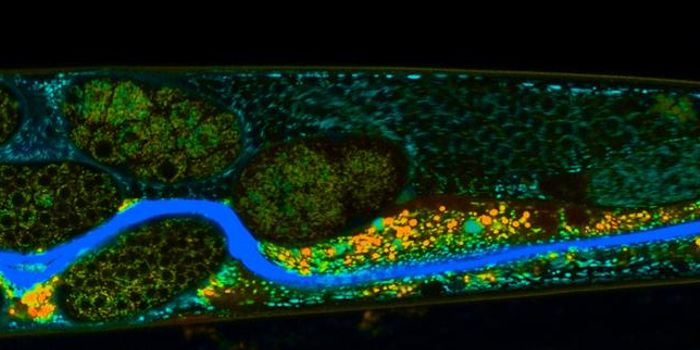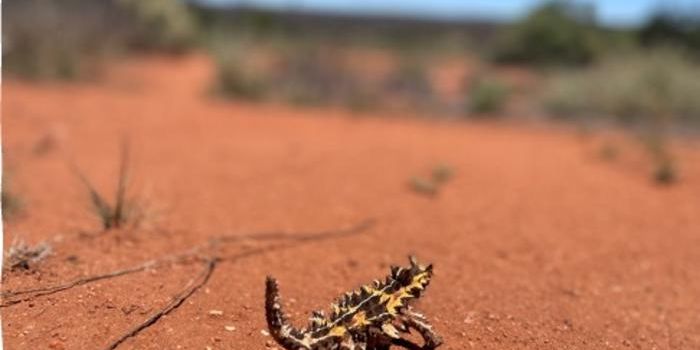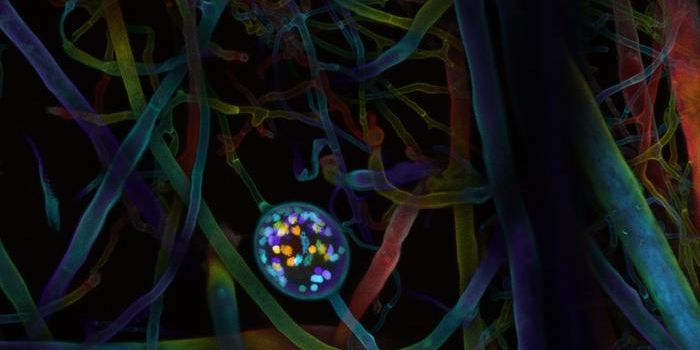What makes some humans "mosquito magnets?"
Though mosquito season is behind us, the memory of mosquito filled nights is not easily forgotten. The uncomfortable feeling of being bit constantly, only to feel the “sting” of those bites for days or weeks afterwards.
Female mosquitoes are relentless, and are hard wired to go after humans at all costs. They are especially attuned to our smells, making it easier for mosquitoes to find and bite humans.
But you’ve also probably noticed that some people tend to get bitten more often than others. Some people are riddled with bites, while others have a few, or none. The phrase “you must have sweet blood” conjures up speculations about why mosquitoes target some people over others. Other theories about this trend abound. For example, certain foods can attract mosquitoes. Or your blood type. But there’s no real conclusive evidence supporting these claims. So, what’s the truth?
A team of researchers at Rockefeller University wanted to investigate the real reason why some people are more prone to mosquito bites, investigating one of the more promising theories: a connection between mosquito attraction to certain humans based on odors produced by skin microbiota. The team’s research is published in a recent article published in Cell.
Specifically, the team found that certain fatty acids present on the skin create a unique scent mixture that is incredibly alluring to mosquitos.
To test their findings, researchers asked eight participants to wear nylon coverings on their arms for about six hours a day for a few days. This was done to collect samples from the participants, particularly, the fatty acid composition of their arms. They then went through all the nylons and compared them in various combinations to each other, presenting different combinations to mosquitos to see which they were attracted to the most.
One of the participants (deidentified) was far and away the most attractive target to mosquitoes. Using chemical analyses, researchers identified different compounds on each participants nylon. This analysis revealed that carboxylic acids, which were present in higher concentrations, were produced in higher quantities in the mosquito magnets. Bacteria on the skin use carboxylic acids to produce our unique odors.
Sources: Eurekalert!; Cell








